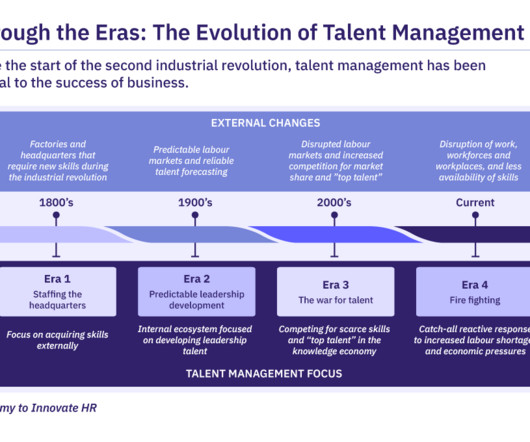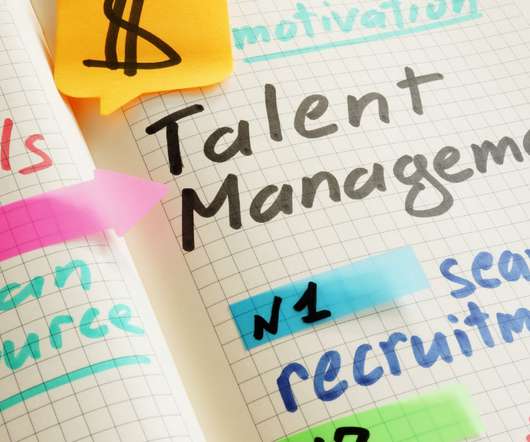Benefits of cross training employees and top considerations before you start
Business Management Daily
FEBRUARY 28, 2024
New hires use these competencies to fulfill the job description for which they were hired. Let’s look at how successful cross-training programs benefit companies and workers alike, Coverage How prepared are you for potential productivity disruptions should a current team member retire, quit, or go on maternity leave?




















Let's personalize your content